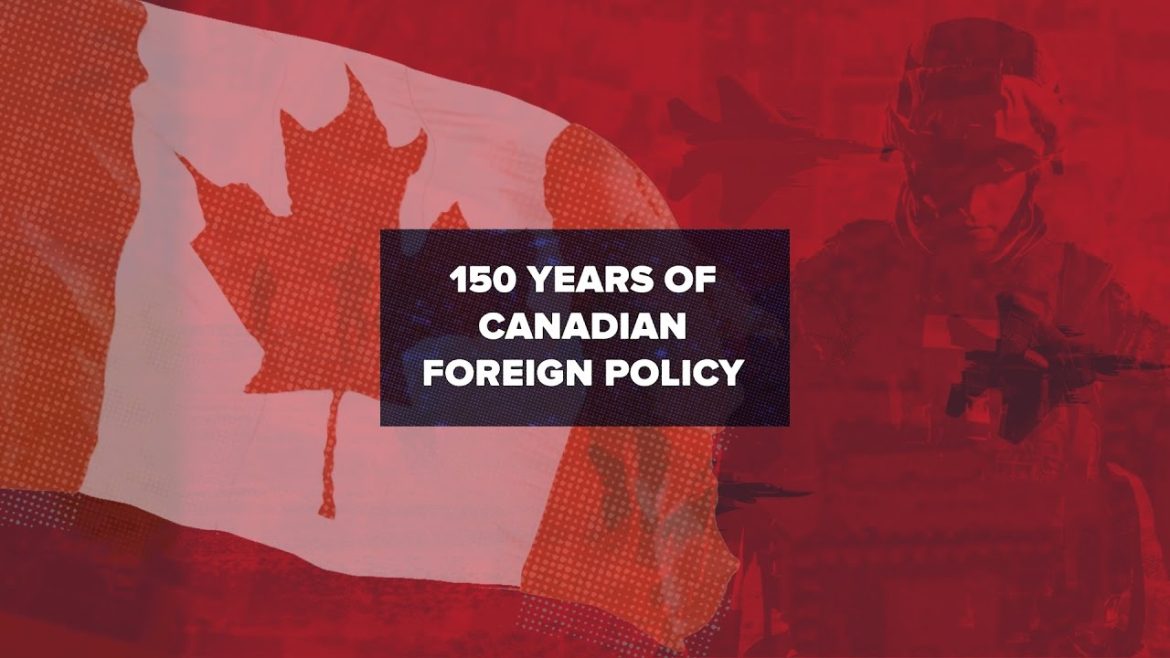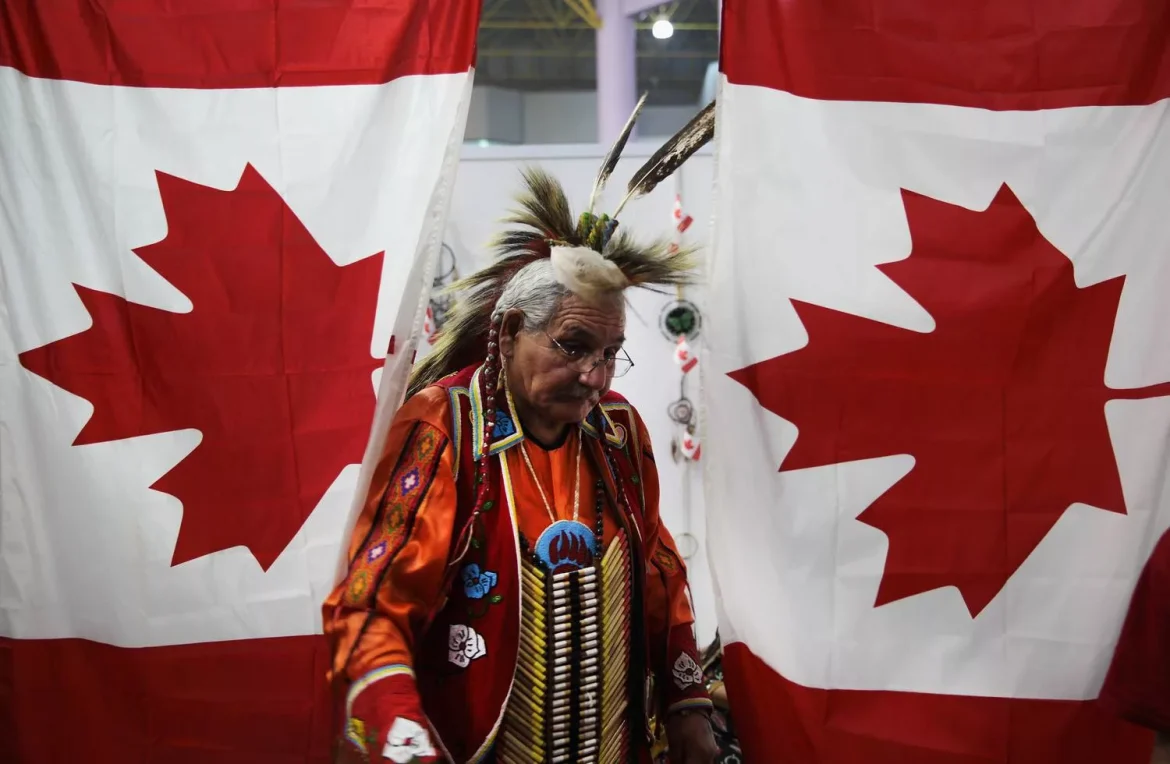Canadian politics in the 21st century is shaped by a series of complex, interrelated challenges: climate change, immigration, and the rise of populism. Each reflects broader global trends but also takes on uniquely Canadian dimensions.
Climate change is perhaps the most pressing issue. Canada’s vast geography, northern ecosystems, and reliance on natural resources make it especially vulnerable. Melting Arctic ice, wildfires, and shifting weather patterns are no longer abstract threats but lived realities. Federal and provincial governments have struggled to balance environmental commitments with economic interests, particularly in energy-producing provinces. Carbon pricing, pipeline debates, and renewable energy investments dominate political discourse.






